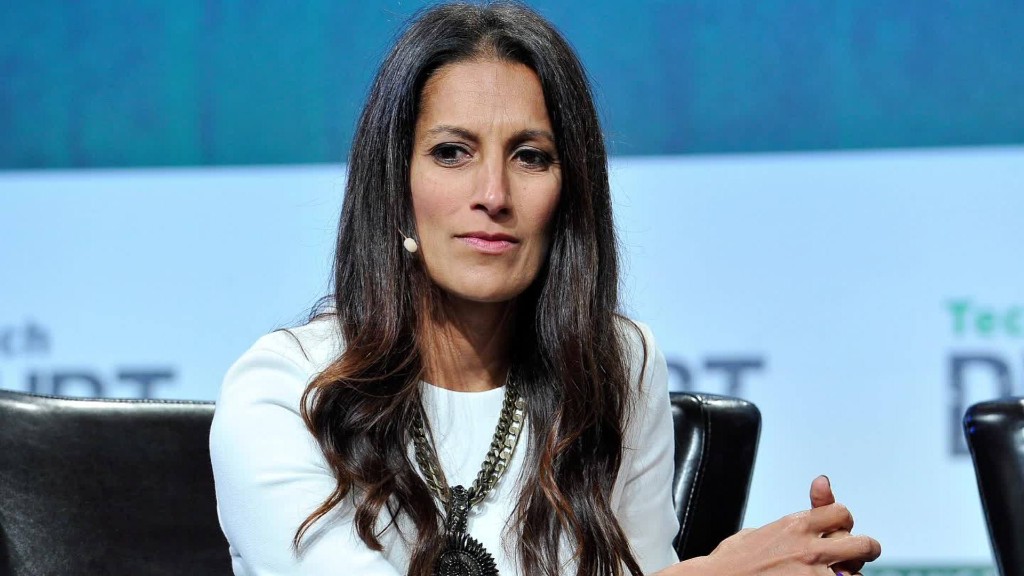
The push to get more women on tech boards is working, says Sukhinder Singh Cassidy.
One year ago, Cassidy launched theBoardlist in a bid to put more qualified women on the boards of public and private tech companies.
Using theBoardlist's database, companies looking for new board members are able to search from over 1,000 female candidates.
The impetus to create this marketplace stems from a lot of damning statistics.
Nearly 90% of board seats at tech "unicorns" -- companies valued at $1 billion or more -- are held by men. And 55% of these companies have zero women on their boards.
Cassidy, who is the founder and CEO of Joyus and previously worked at Google, said she hasn't had to spend much time justifying the platform's value.
The need for more women on boards is widely acknowledged -- not just for equality's sake, but also because businesses with female leaders have been shown to have better financial results.
"We feel great about the traction," Cassidy told CNNMoney.
Related: 15 Questions with Sukhinder Singh Cassidy
TheBoardlist has directly placed three women on boards -- most recently, Deirdre Bigley with Shutterstock and Betsy Rafael with Shutterfly.
But roughly 30 board spots have been indirectly filled by theBoardlist women, Cassidy said.
The vast majority of those -- 22 seats -- occurred in the second quarter of this year, making it the most successful quarter to date. The women have joined the boards of companies like Vox Media, Medium, Twitter (TWTR), Eventbrite and Qualtrics.
Related: These companies have zero women on their boards
TheBoardlist, which is a benefit corporation, believes there's still a lot of work to be done.
On Thursday, it announced several new efforts, including an "assisted search" product where companies can pay for more hands-on help from theBoardlist to find the right women. It'll cost about $5,000 per search.
Up until now, the platform has been mostly self-service, though some 30 VC firms and corporate members do pay annual membership fees.
TheBoardlist also announced a new Index to make it easier to track quarterly progress of tech boards' gender diversity.

